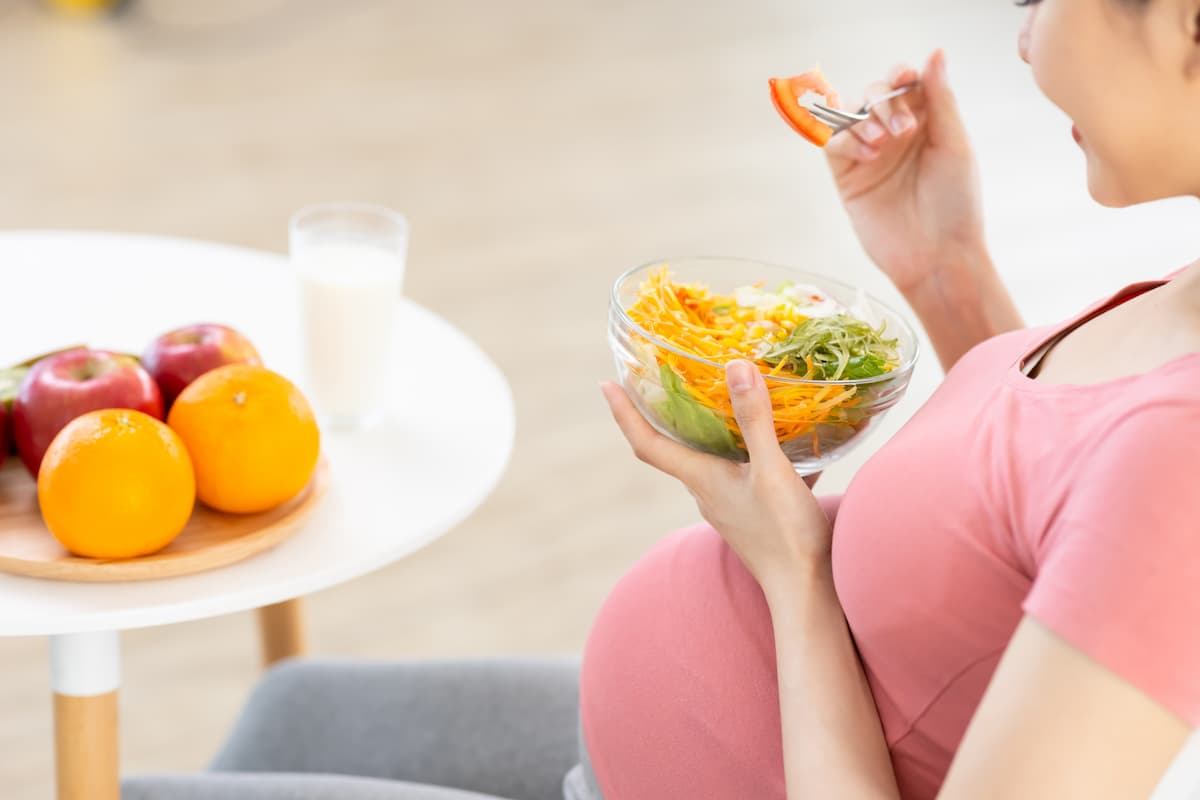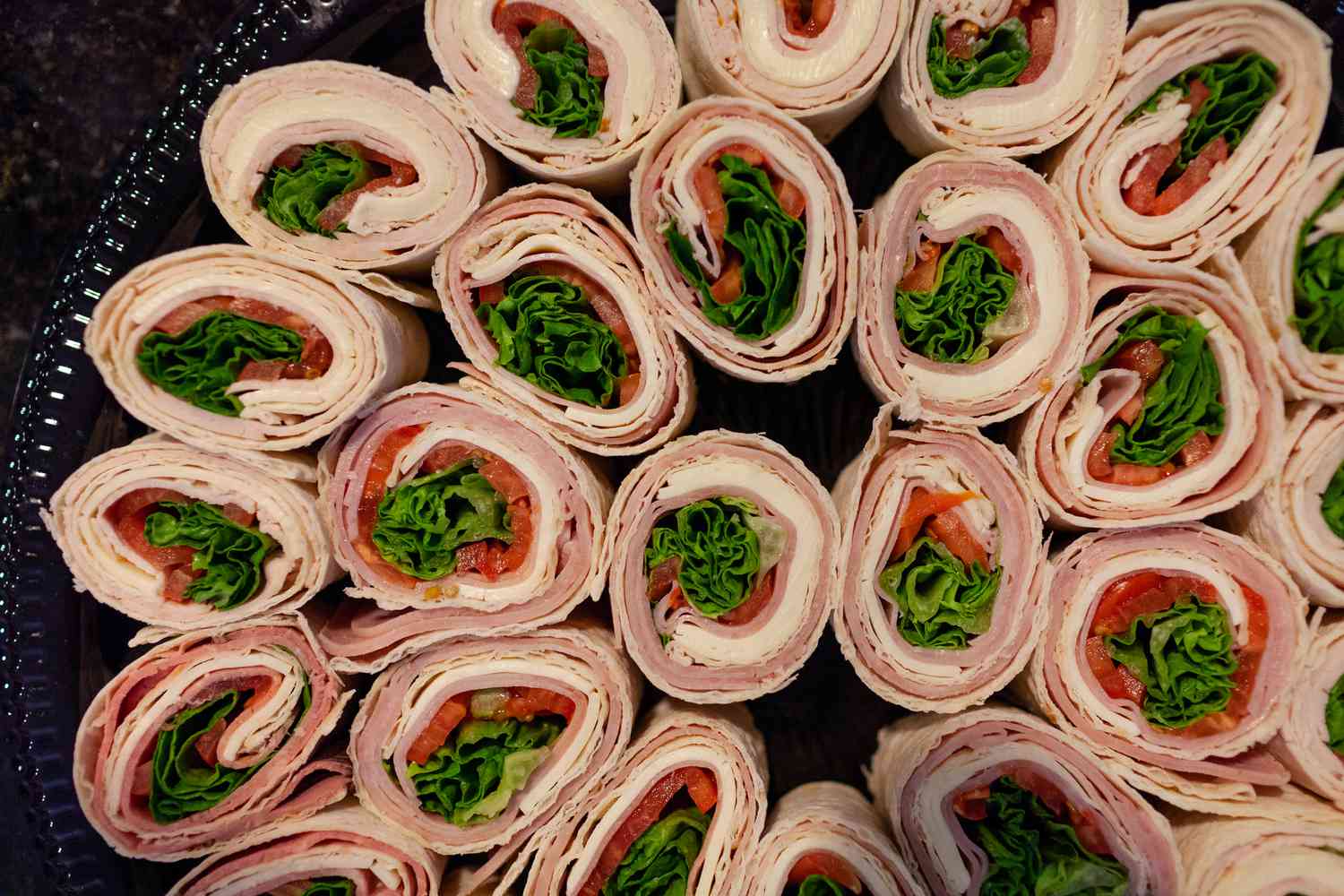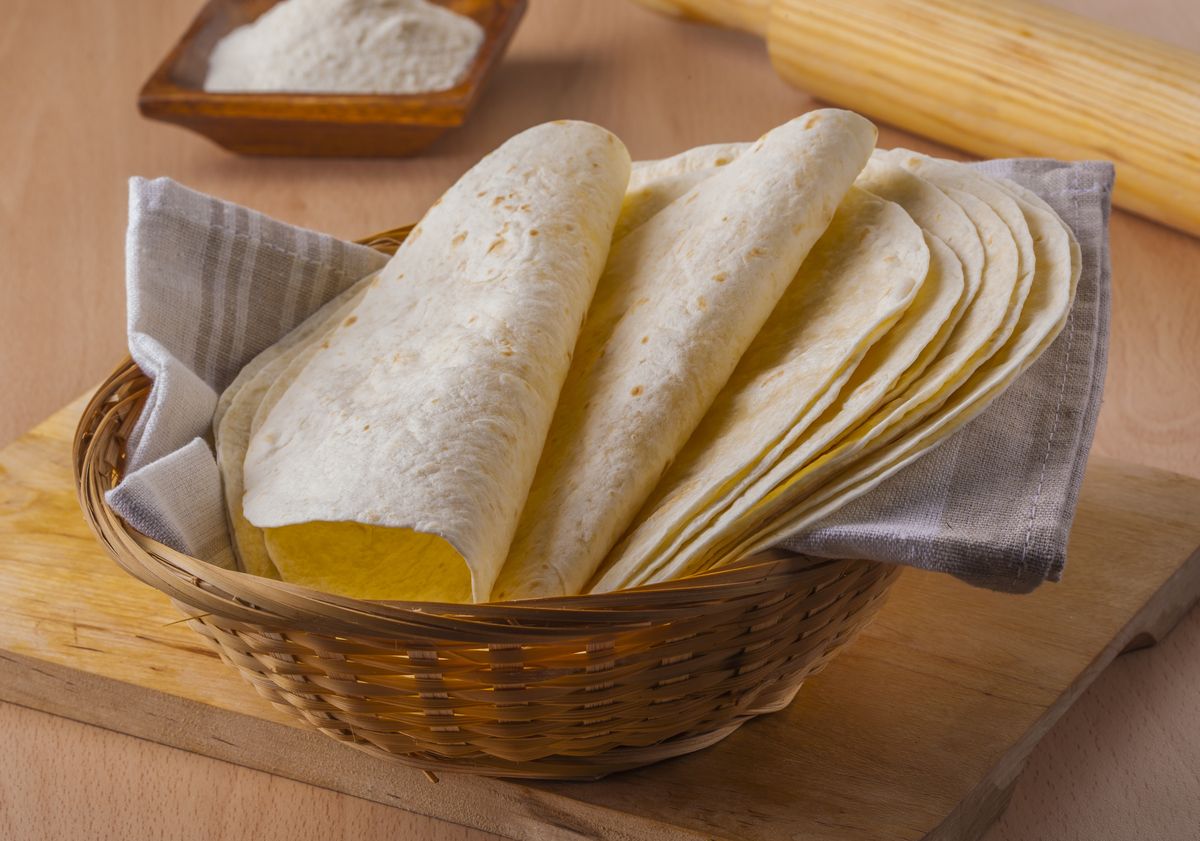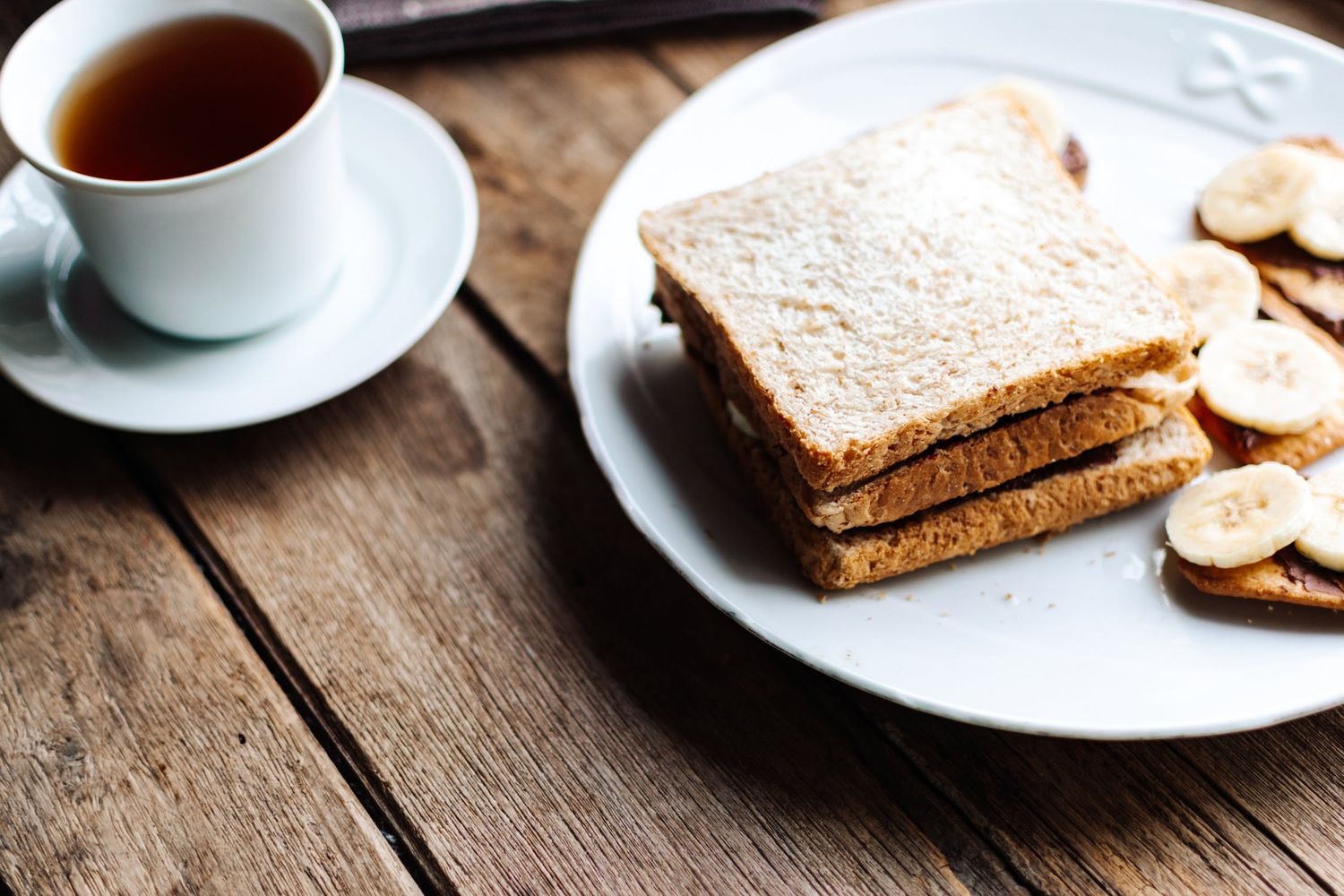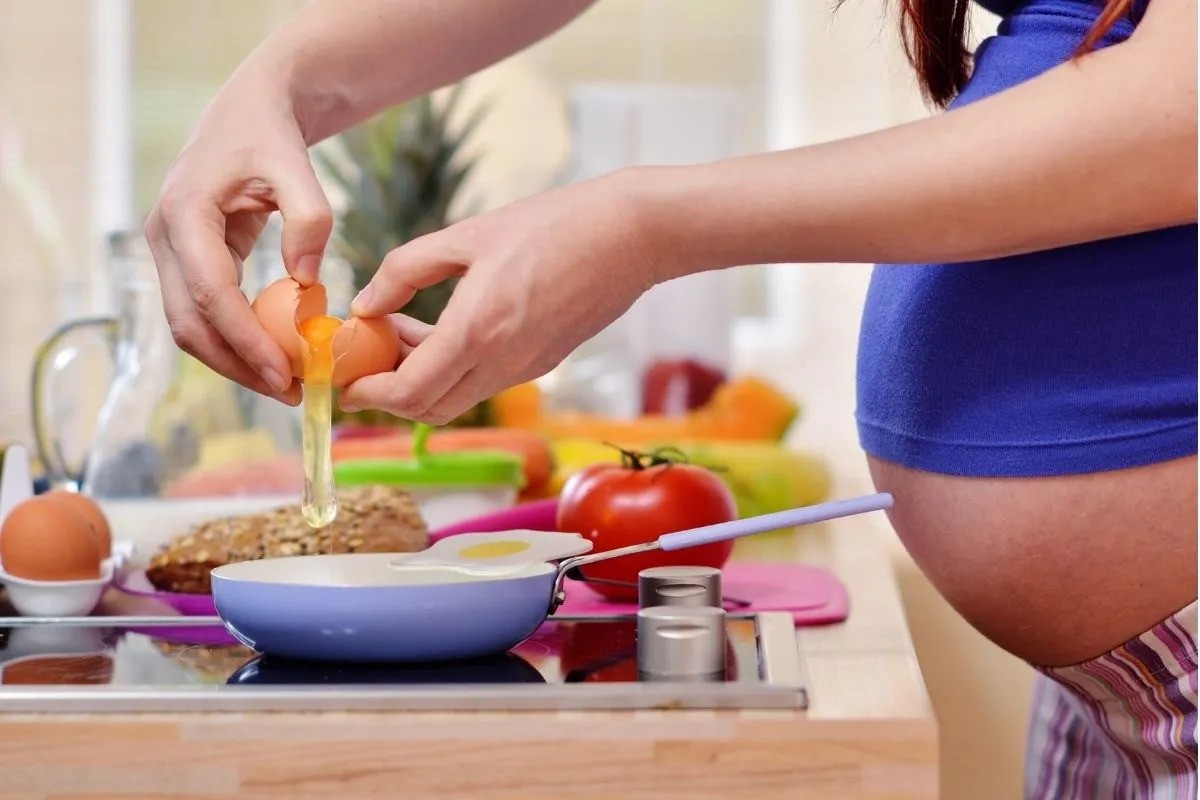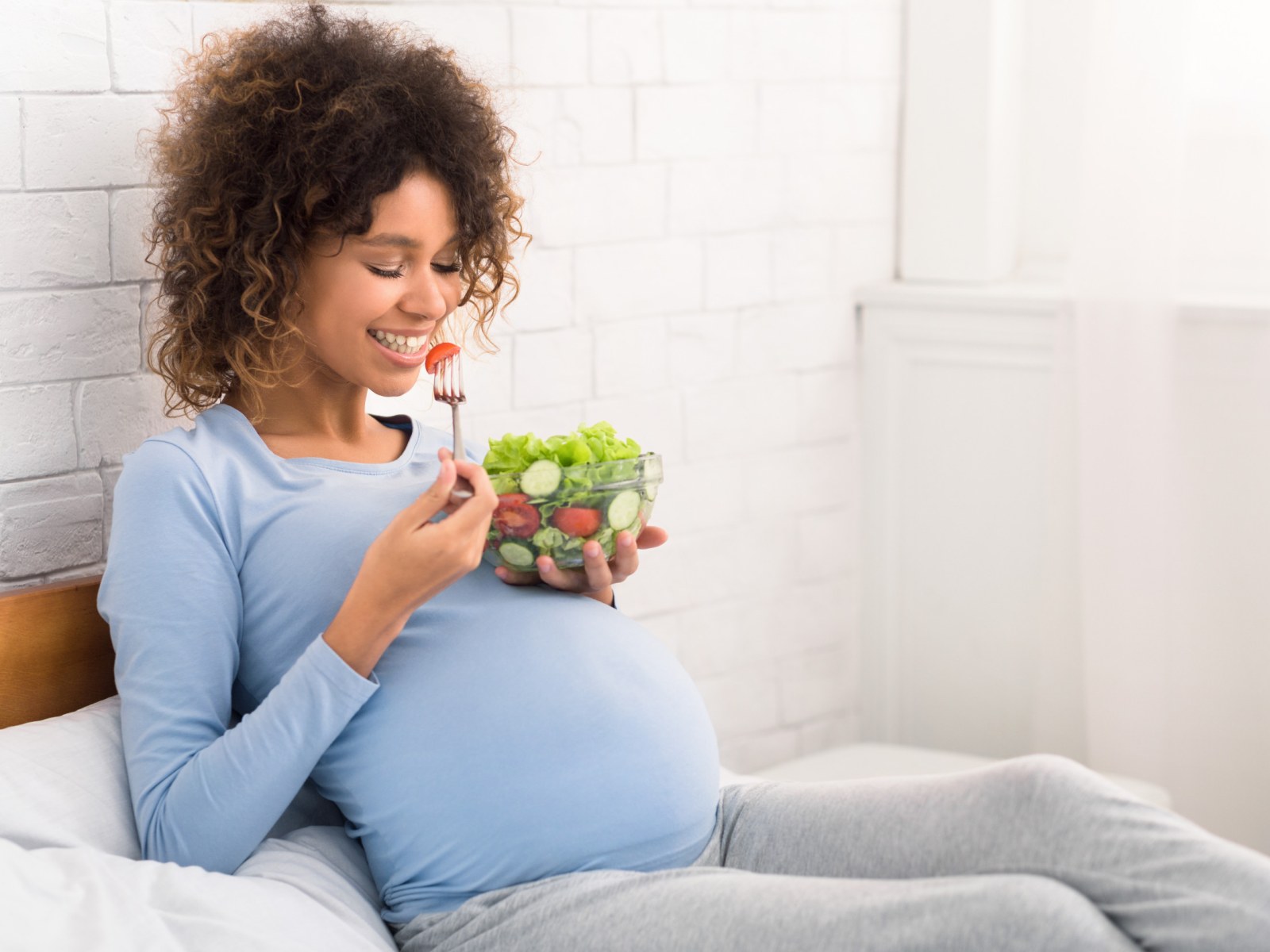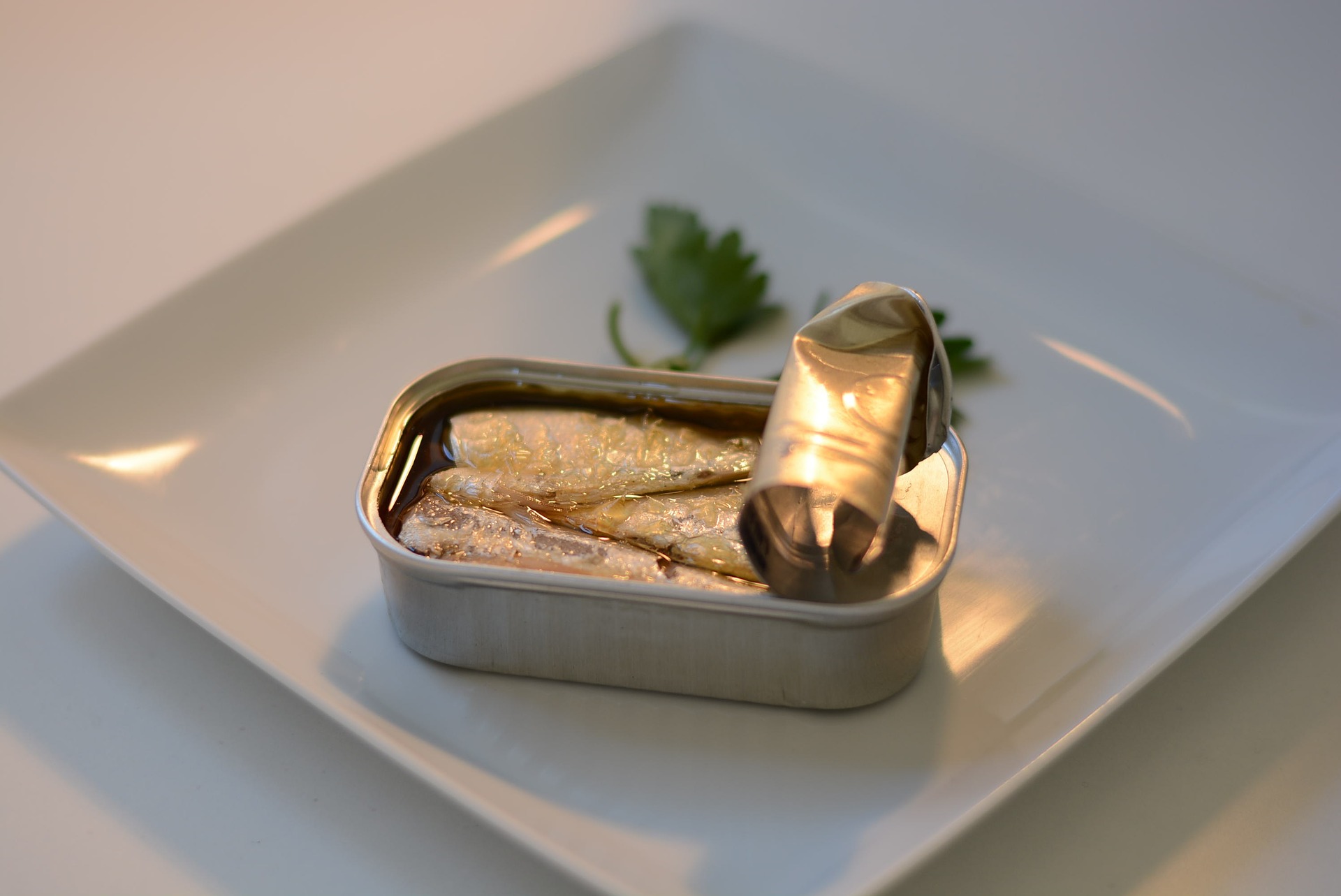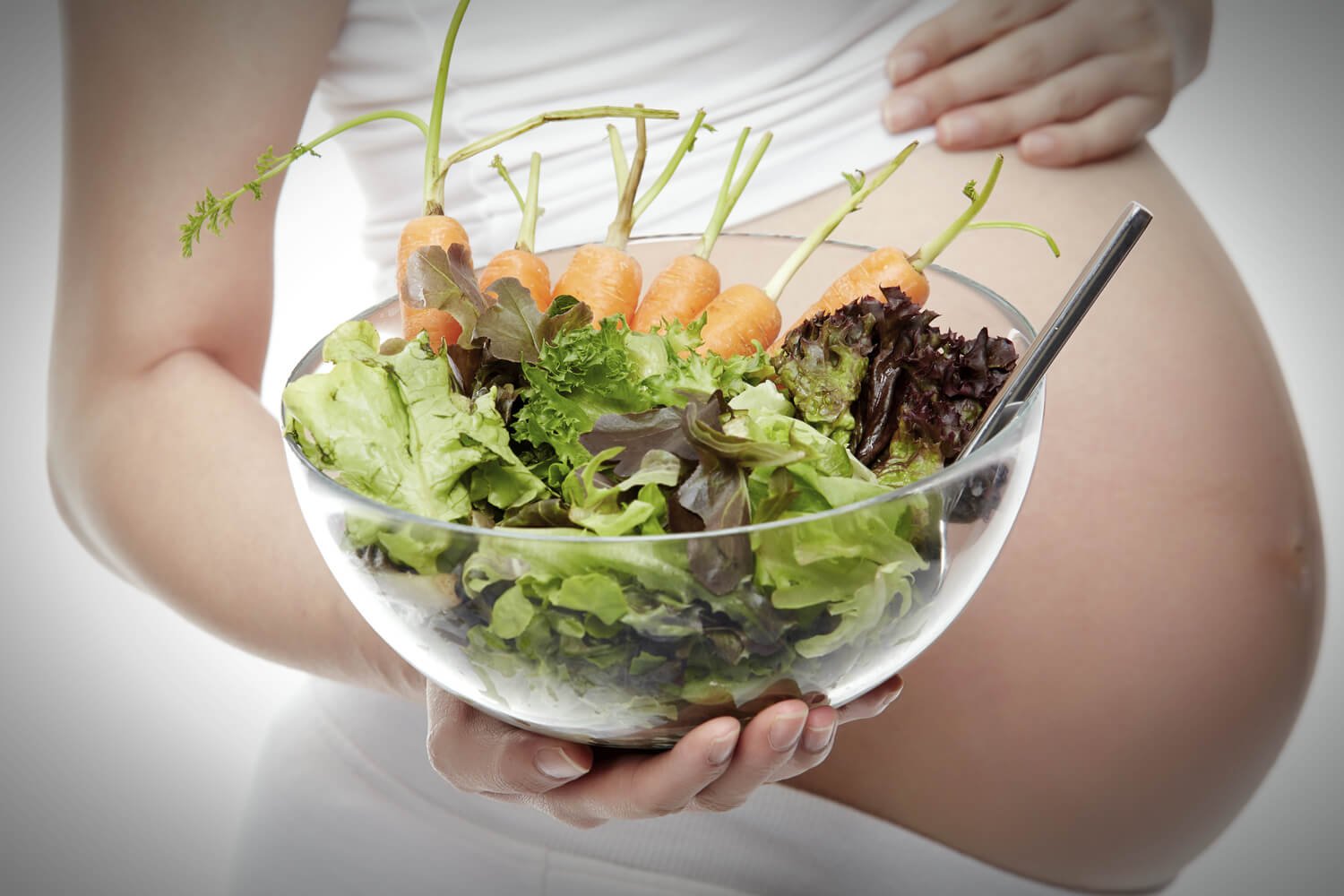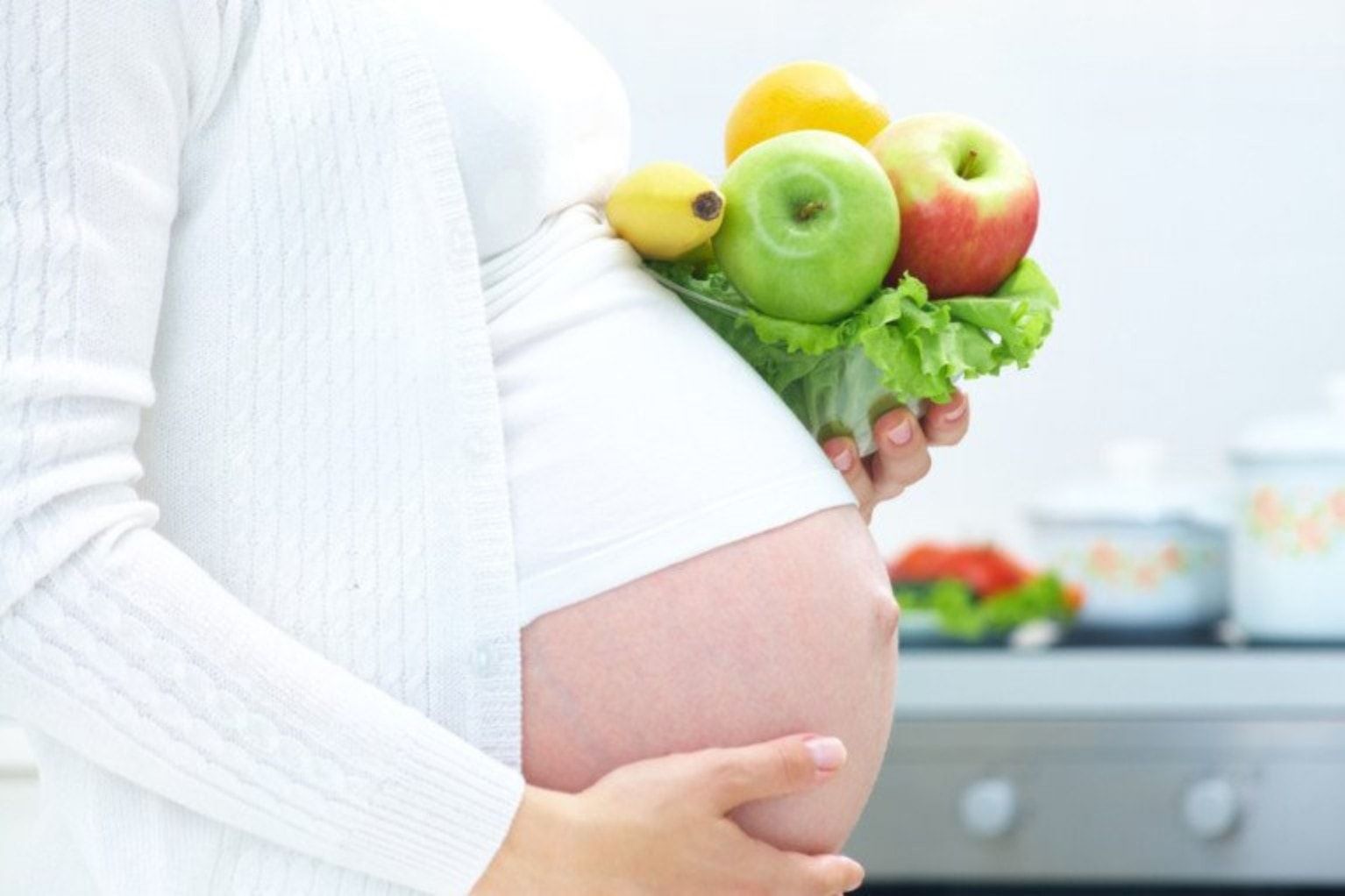How to Eat Well During Pregnancy
Congratulations on your pregnancy! This is an exciting time in your life, and it’s important to take care of yourself and your growing baby. One of the most crucial aspects of a healthy pregnancy is maintaining a nutritious diet. Eating well during pregnancy can help support your baby’s growth and development while also keeping you healthy and energized. Here are some tips on how to eat well during pregnancy:
1. Focus on Nutrient-Dense Foods
During pregnancy, it’s essential to consume foods that are rich in essential nutrients. Fruits, vegetables, whole grains, lean proteins, and healthy fats should be the foundation of your diet. These foods provide essential vitamins, minerals, and antioxidants that support both your health and the development of your baby.
2. Stay Hydrated
Drinking an adequate amount of water is crucial during pregnancy. Hydration supports the formation of the placenta, helps prevent constipation, and reduces the risk of urinary tract infections. Aim to drink at least eight glasses of water per day, and consider consuming hydrating foods such as watermelon, cucumbers, and broth-based soups.
3. Consume Sufficient Protein
Protein is essential for the growth of your baby and the development of your placenta. Lean meats, poultry, fish, eggs, legumes, and dairy products are excellent sources of protein. Aim to include protein in every meal to support your baby’s development.
4. Incorporate Healthy Fats
Healthy fats, such as those found in avocados, nuts, and olive oil, are important for your baby’s brain and eye development. Additionally, they can help your body absorb essential vitamins. Be sure to include a variety of healthy fats in your diet to support both you and your baby.
5. Limit Processed Foods and Added Sugars
While the occasional treat is fine, it’s essential to limit your intake of processed foods and added sugars during pregnancy. These foods provide empty calories and offer little nutritional value. Instead, focus on whole, nutrient-dense foods that will nourish both you and your baby.
6. Take Prenatal Supplements
Even with a healthy diet, it can be challenging to get all the essential nutrients you and your baby need solely from food. Prenatal supplements, including folic acid, iron, and omega-3 fatty acids, can help fill in any nutritional gaps and support your baby’s development.
7. Listen to Your Body
Every pregnancy is unique, and it’s essential to listen to your body’s cues. If you’re experiencing cravings, try to satisfy them with healthy options. If certain foods make you feel unwell, try to find suitable alternatives. Your body is your best guide when it comes to nourishing yourself and your baby.
By following these tips and maintaining a healthy, balanced diet, you can support your baby’s growth and development while also taking care of your own well-being during pregnancy. Remember to consult with your healthcare provider to ensure that your dietary choices align with your individual needs and circumstances.
